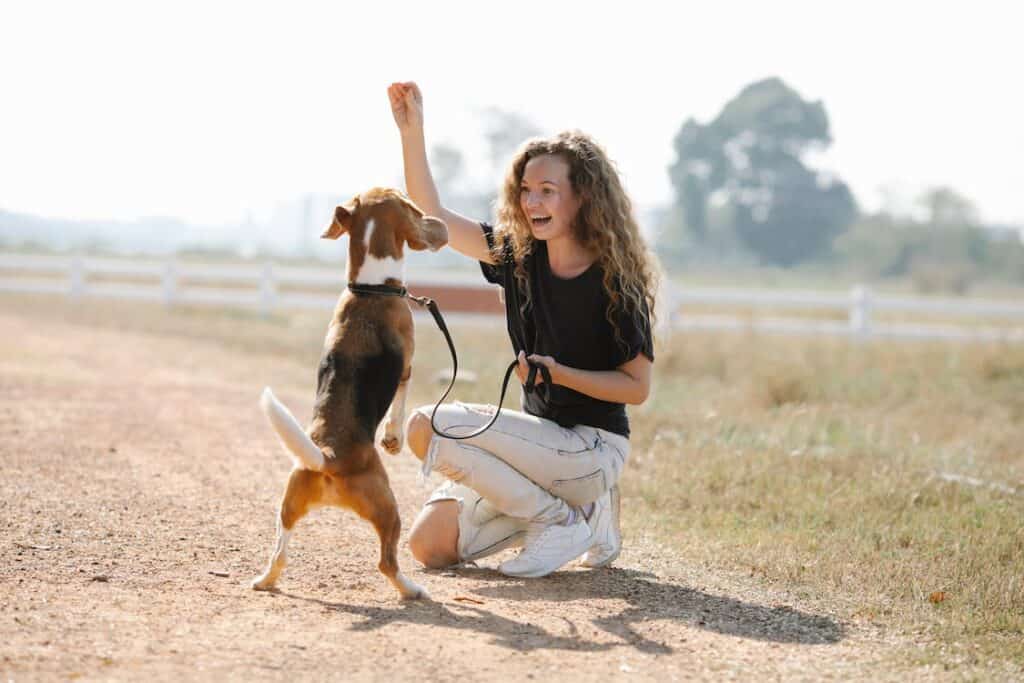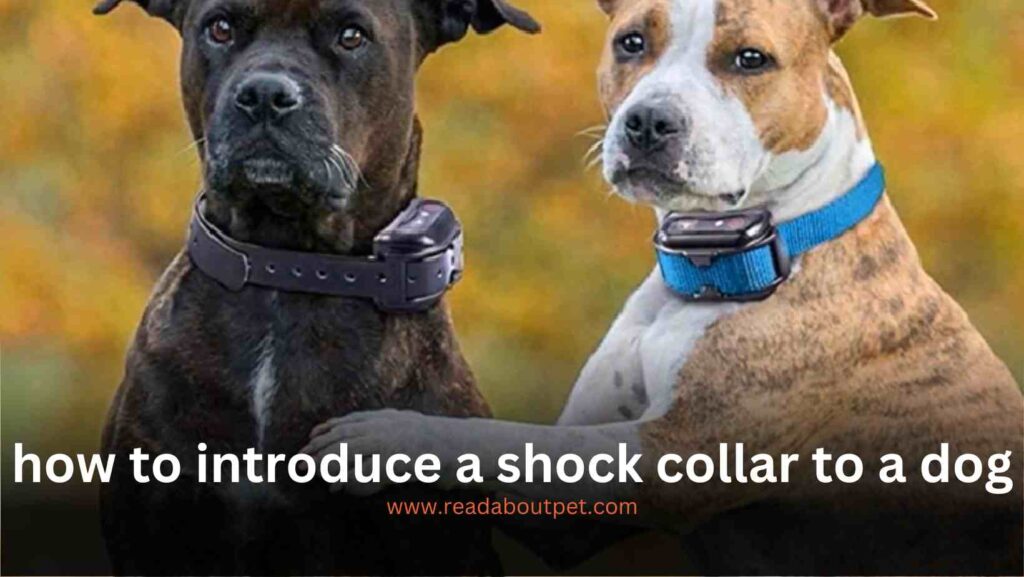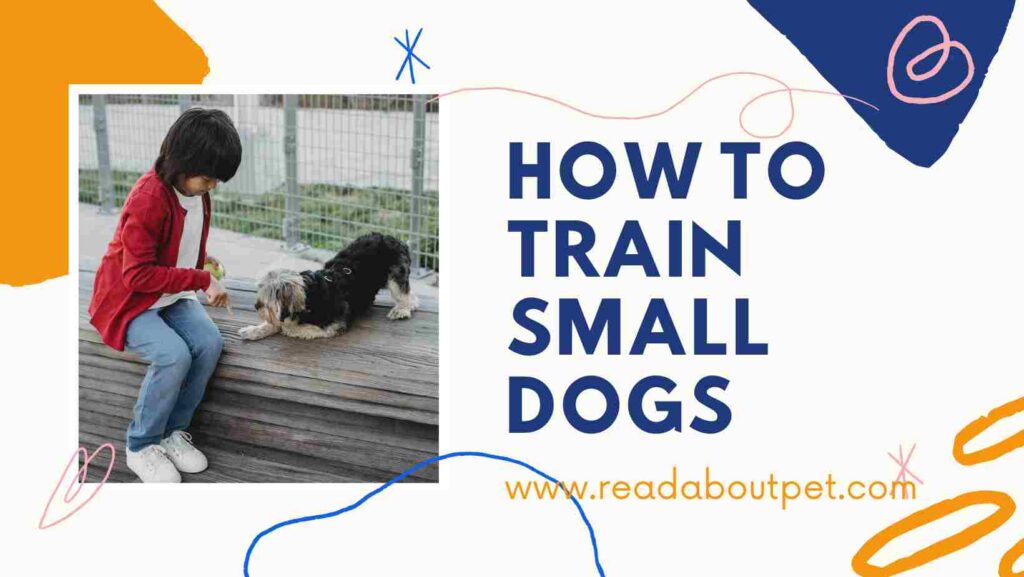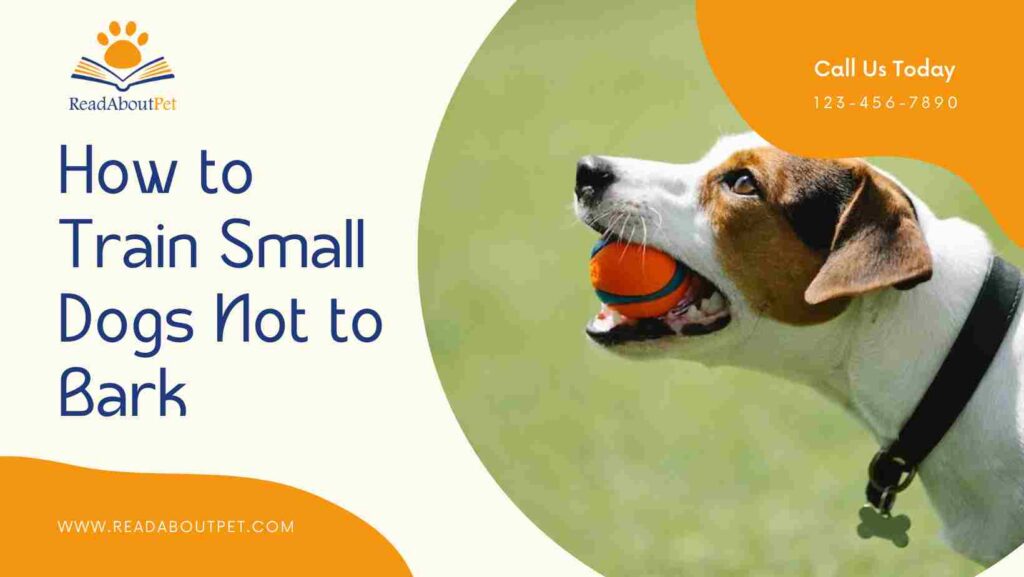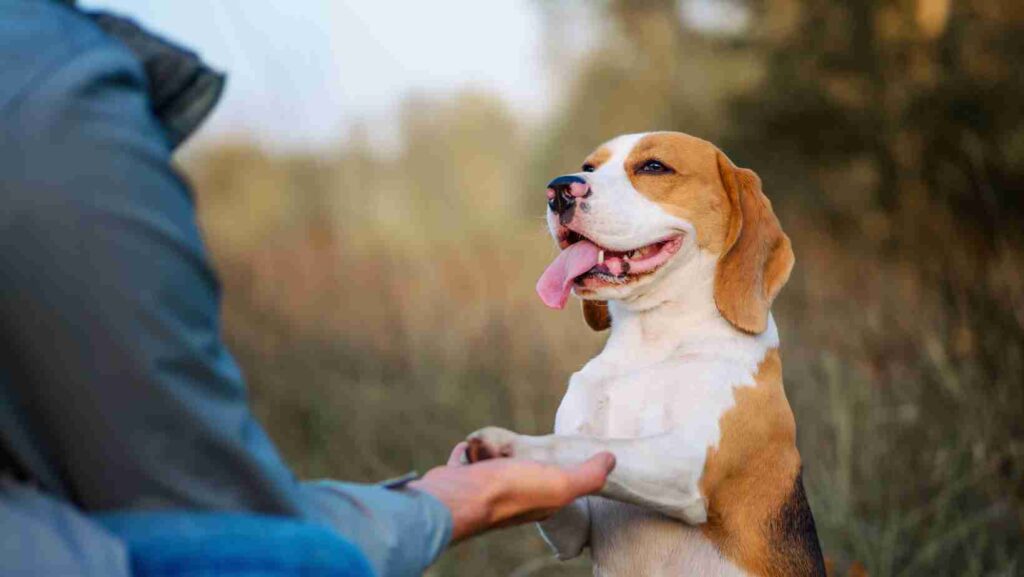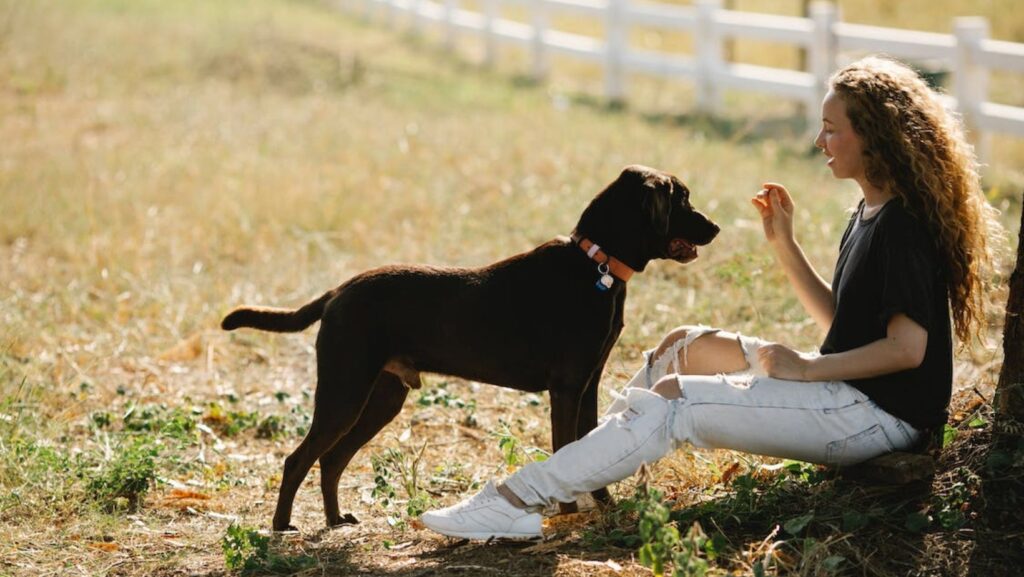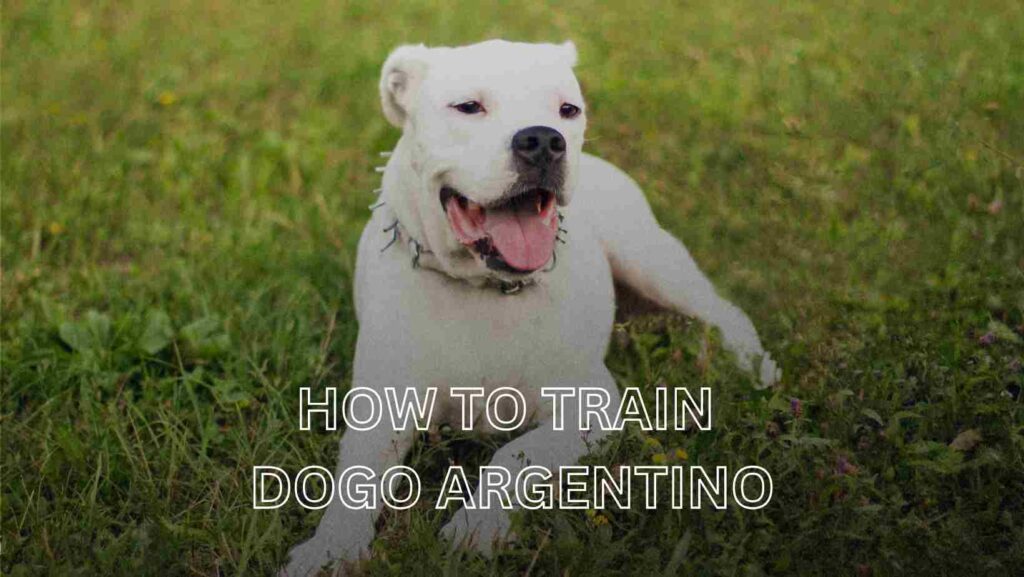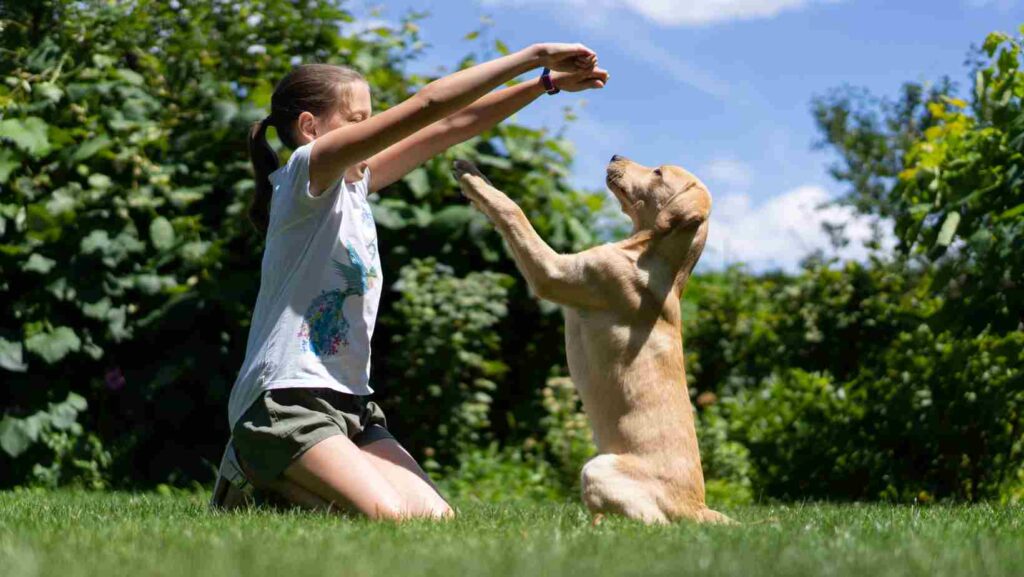Golden retriever puppies are known for their playful and friendly nature, but they can also be prone to biting behaviors during their early months of life. As a responsible pet owner, it’s essential to train your golden retriever puppy not to bite to ensure they grow into well-behaved and obedient dogs. In this article, we will provide you with a comprehensive guide on how to train a golden retriever puppy not to bite, covering everything from understanding the reasons behind puppy biting to effective training techniques and tips.
- I. Introduction
- Understanding Golden Retriever Puppies
- Common Issues with Golden Retriever Puppy Biting
- Importance of Training to Stop Puppy Biting
- Step-by-Step Guide: How to Train a Golden Retriever Puppy Not to Bite
- Training Tips and Techniques
- Addressing Specific Challenges
- Positive Reinforcement and Consistency in Training
- Socialization and Distraction Techniques
- Consistent Boundaries and Supervision
- Conclusion
- Frequently Asked Questions (FAQs)
I. Introduction
As a new owner of a golden retriever puppy, it’s important to understand that biting is a natural behavior for puppies. Puppies explore the world around them with their mouths, and biting is also a way for them to communicate and play. However, if not addressed early on, biting can develop into a serious behavior problem that can be harmful to both the puppy and those around them.
Understanding Golden Retriever Puppies
To effectively train a golden retriever puppy not to bite, it’s crucial to have a clear understanding of their breed characteristics and behavior patterns. Golden retrievers are known for their friendly and gentle nature, but they are also highly intelligent and energetic dogs. They have a strong instinct to retrieve and mouth objects, which can sometimes translate into biting behaviors if not properly addressed.
Common Issues with Golden Retriever Puppy Biting
Golden retriever puppies, like all puppies, go through a teething phase where they may feel discomfort in their gums and resort to biting as a way to relieve the discomfort. Additionally, puppies may bite out of excitement, fear, or anxiety. Understanding the underlying causes of puppy biting can help in developing an effective training plan to address the issue.
Importance of Training to Stop Puppy Biting
Puppy biting can be a serious issue if not addressed early on. Not only can it cause harm to humans and other pets, but it can also lead to behavioral problems in the future if left unattended. Therefore, it’s crucial to prioritize training and teach your golden retriever puppy not to bite from an early age. Proper training can help redirect their biting behavior towards appropriate alternatives and ensure they grow into well-mannered adult dogs.
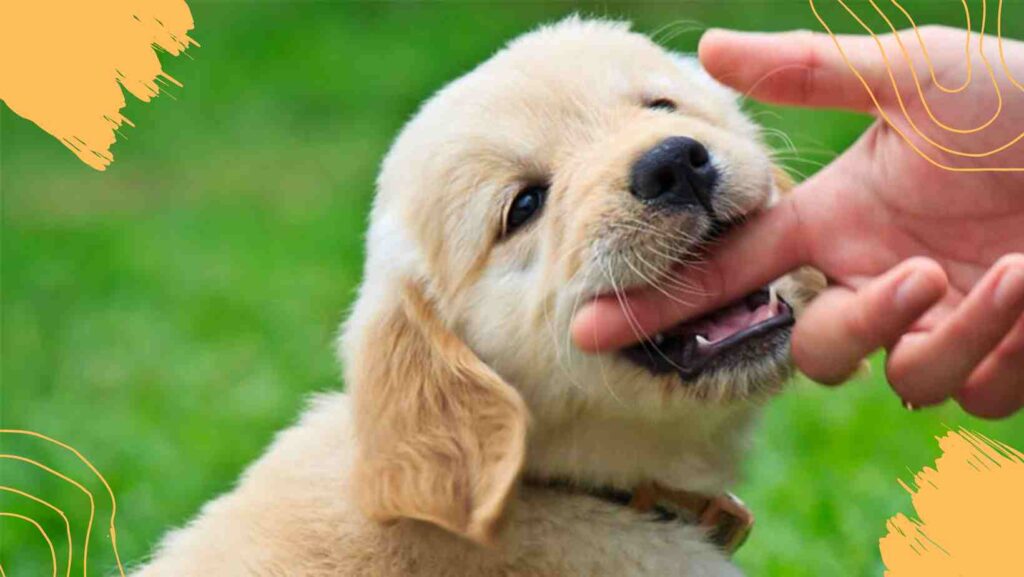
Step-by-Step Guide: How to Train a Golden Retriever Puppy Not to Bite
Start with socialization: Socialization is a critical aspect of puppy training. Expose your golden retriever puppy to different people, animals, and environments to help them learn how to interact with others without resorting to biting. Gradually increase the level of difficulty of socialization to ensure your puppy develops good social skills and learns to control their biting impulses.
Use positive reinforcement:
Positive reinforcement is a highly effective training technique that involves rewarding desired behaviors. Whenever your golden retriever puppy exhibits good behavior and refrains from biting, praise and reward them with treats, toys, or verbal affirmations. This will reinforce the positive behavior and motivate them to continue behaving appropriately.
Provide appropriate chew toys:
Golden retriever puppies have a natural urge to chew, especially during their teething phase. To redirect their biting behavior, provide them with appropriate chew toys, such as rubber bones or dental chews. Encourage them to chew on these toys instead of your fingers or household items.
Use deterrents:
If your golden retriever puppy continues to bite despite your efforts, you can use deterrents to discourage the behavior. Bitter-tasting sprays or repellents can be applied to your hands, clothing, or household items to make them less appealing to your puppy. This can help them associate biting with an unpleasant taste and discourage the behavior.
Use time-outs:
If your golden retriever puppy becomes too excited and starts biting aggressively, you can use time-outs as a form of consequence. Remove yourself or the target of the biting from the situation and ignore your puppy for a brief period of time. This will help them understand that biting leads to the withdrawal of attention and playtime.
Training Tips and Techniques
In addition to the step-by-step guide, here are some additional training tips and techniques that can be helpful in training your golden retriever puppy not to bite:
Be consistent:
Consistency is key in puppy training. Establish clear rules and boundaries for your puppy and consistently enforce them. This includes not allowing any form of biting, even during playtime.
Use redirection:
If your golden retriever puppy starts to bite, redirect their attention to a more appropriate activity such as playing with a toy or performing a command. This will help them learn that biting is not acceptable behavior.
Be patient and persistent:
Training takes time and effort, so be patient and persistent in your efforts. Rome wasn’t built in a day, and the same applies to puppy training. Keep reinforcing positive behavior and addressing biting consistently.
Avoid punishment:
Punishment can be counterproductive in puppy training and may lead to fear and anxiety. Avoid using harsh methods or physical punishment, as it can damage the trust and bond between you and your puppy.
Addressing Specific Challenges
Every golden retriever puppy is unique, and some may present specific challenges when it comes to biting. Here are some tips on how to address common challenges:
Fearful or anxious puppies:
If your golden retriever puppy bites out of fear or anxiety, it’s important to address the underlying emotions. Slowly expose your puppy to the trigger of their fear or anxiety, using positive reinforcement and patience to help them overcome their fears.
Overly excited puppies:
Some Golden Retriever puppies may get overly excited during playtime and start biting aggressively. In such cases, it’s important to calm them down and redirect their energy toward appropriate play. Use time-outs or distraction techniques to manage their excitement and prevent biting.
Positive Reinforcement and Consistency in Training
As mentioned earlier, positive reinforcement and consistency are crucial in training a golden retriever puppy not to bite. Using treats, toys, praise, and playtime as rewards for good behavior can help reinforce the desired behavior. Applying the training techniques consistently and addressing biting behavior whenever it occurs will help your puppy understand what is expected of them and reinforce the training over time.
Socialization and Distraction Techniques
Socialization is an important aspect of puppy training, including biting prevention. Exposing your golden retriever puppy to different people, animals, and environments from an early age will help them develop good social skills and reduce their tendency to bite out of fear or anxiety. Additionally, distraction techniques can be used to redirect their attention from biting. For example, if your puppy starts to bite, you can use a distraction such as a loud noise, a clap, or a toy to divert their attention and prevent them from continuing to bite.
Consistent Boundaries and Supervision
Setting consistent boundaries and providing proper supervision are essential in preventing biting behavior in golden retriever puppies. Avoid rough play or encouraging aggressive behaviors that may trigger biting. Always supervise your puppy during playtime and interactions with other pets or people to intervene and correct any undesirable behavior, including biting.
Conclusion
In conclusion, training a golden retriever puppy not to bite requires patience, consistency, and positive reinforcement. Using the techniques outlined in this article, such as teaching bite inhibition, using positive reinforcement, providing appropriate chew toys, using deterrents, and using time-outs, can help redirect your puppy’s biting behavior and foster good manners. Additionally, addressing specific challenges, being consistent in training, and promoting socialization and distraction techniques can also contribute to successful bite prevention.
Remember, each puppy is unique, and training may take time and effort. Be patient, persistent, and use positive reinforcement to motivate and encourage your golden retriever puppy. With consistent training and proper guidance, you can help your puppy develop good behavior habits and grow into a well-mannered and obedient adult dog.
Frequently Asked Questions (FAQs)
How long does it take to train a golden retriever puppy not to bite?
The duration of training can vary depending on the individual puppy and consistency in training. It may take several weeks to a few months to see significant progress.
Q: Can I use punishment to stop my golden retriever puppy from biting?
A: It is not recommended to use punishment or harsh methods, as they can lead to fear and anxiety in your puppy. Positive reinforcement and redirection techniques are more effective and humane.
Q: Should I allow my golden retriever puppy to mouth on my hands during playtime?
A: It’s important to discourage your puppy from mouthing or biting your hands, even during playtime. Consistent redirection to appropriate chew toys and discouraging biting are essential for bite prevention.
Q: My golden retriever puppy only bites when they’re excited. What can I do?
A: Overly excited puppies may be more prone to biting. Using distraction techniques, redirecting their energy towards appropriate play, and providing regular exercise can help manage their excitement and prevent biting.
Q: Is socialization important in preventing biting behavior in golden retriever puppies?
A: Yes, socialization is crucial in preventing biting behavior. Exposing your puppy to different people, animals, and environments from an early age can help them develop good social skills and reduce fear or anxiety-related biting.

